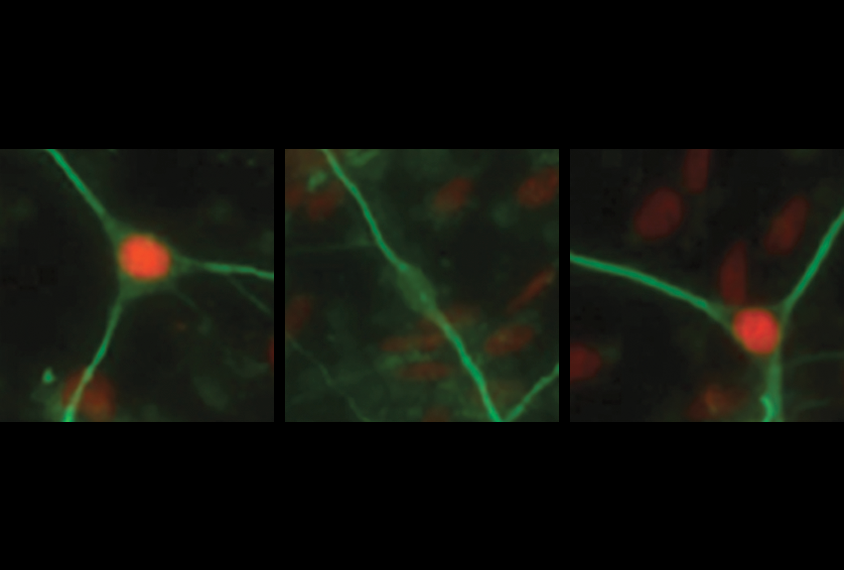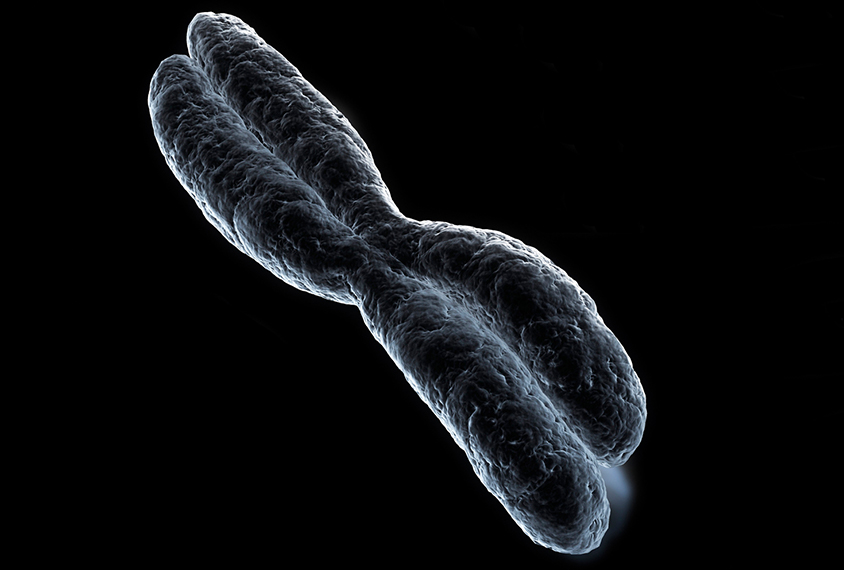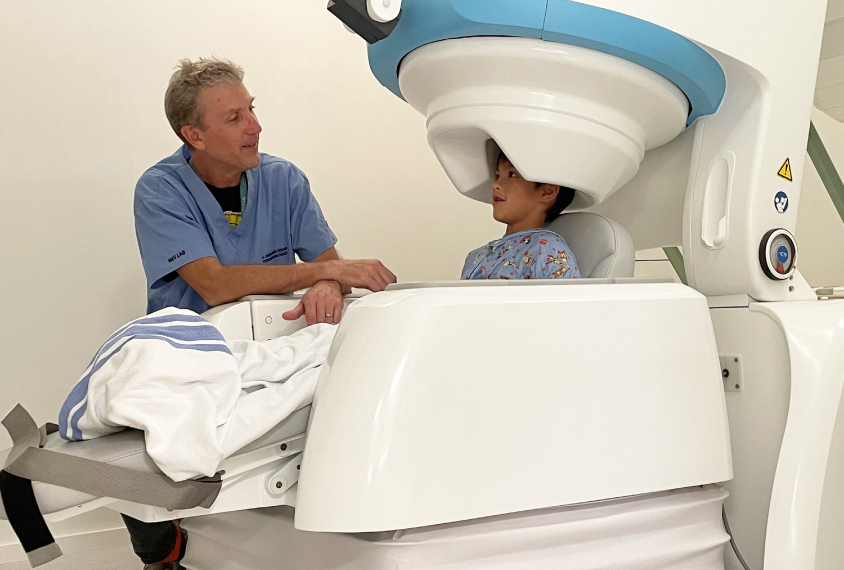Nora Bradford is a California-based freelance writer specializing in neuroscience, marine biology and biomedical sciences. She has a B.S. in neuroscience, psychology and philosophy from the University of Chicago and is completing a Ph.D. in cognitive science at University of California, Irvine.

Nora Bradford
Contributing Writer
Spectrum
From this contributor
Epigenome edits unmute MECP2 in Rett-like neurons
The approach removes methyl tags from the gene and shields it from other silencing factors without changing the gene itself, raising hopes for a new treatment.

Epigenome edits unmute MECP2 in Rett-like neurons
Common and rare autism-linked variants share functional effects
Within the 16p region of the genome, the two types of variants similarly decrease neuronal gene expression — an effect that may reflect their spatial relationship.

Common and rare autism-linked variants share functional effects
Auditory cortex may develop early in autism
A well-studied brain response to sound appears earlier than usual in young children with autism.

Auditory cortex may develop early in autism
Explore more from The Transmitter
Neuro’s ark: Spying on the secret sensory world of ticks
Carola Städele, a self-proclaimed “tick magnet,” studies the arachnids’ sensory neurobiology—in other words, how these tiny parasites zero in on their next meal.

Neuro’s ark: Spying on the secret sensory world of ticks
Carola Städele, a self-proclaimed “tick magnet,” studies the arachnids’ sensory neurobiology—in other words, how these tiny parasites zero in on their next meal.
Autism in old age, and more
Here is a roundup of autism-related news and research spotted around the web for the week of 2 March.

Autism in old age, and more
Here is a roundup of autism-related news and research spotted around the web for the week of 2 March.
Lack of reviewers threatens robustness of neuroscience literature
Simple math suggests that small groups of scientists can significantly bias peer review.

Lack of reviewers threatens robustness of neuroscience literature
Simple math suggests that small groups of scientists can significantly bias peer review.